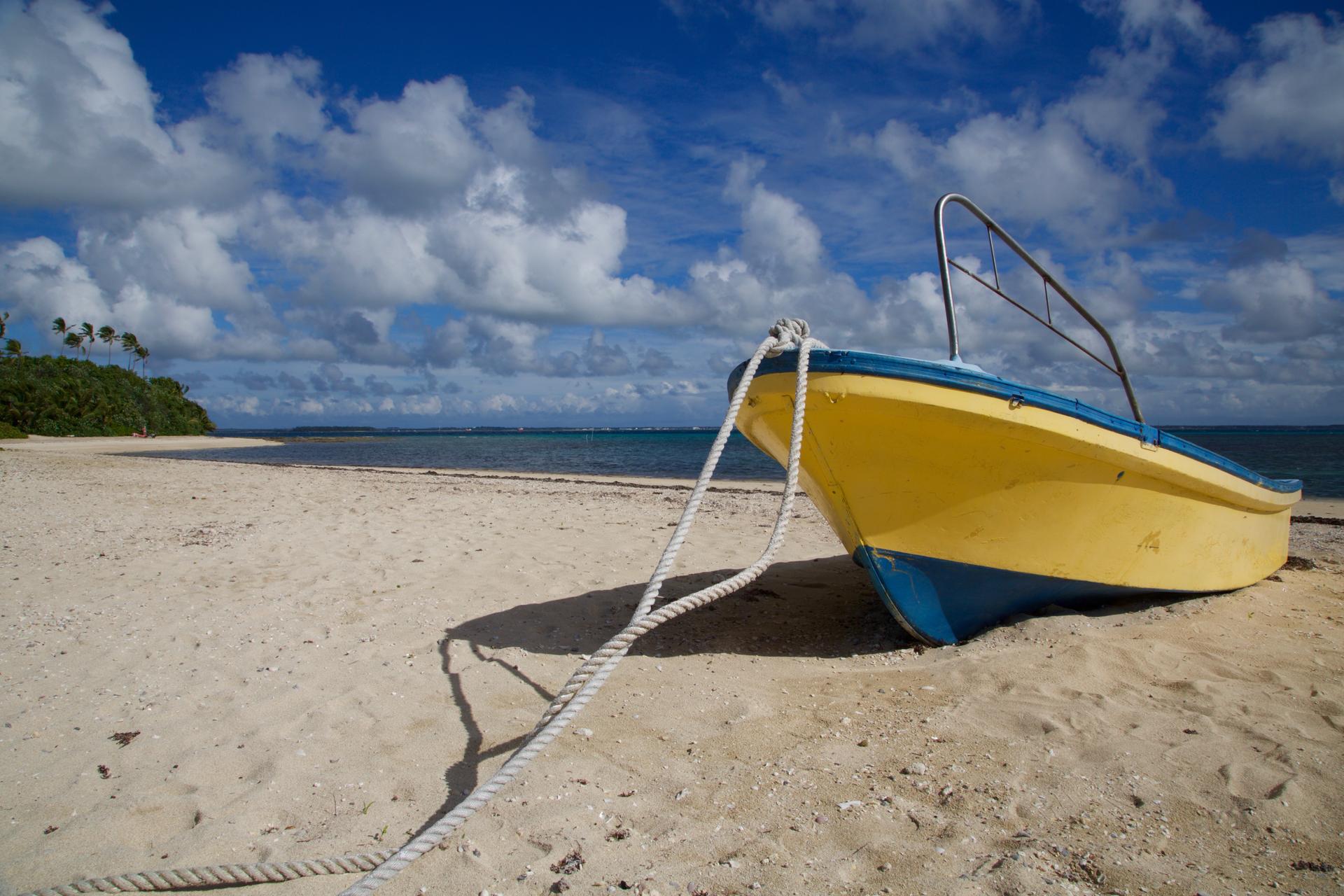Tonga🇹🇴

Tonga is a Polynesian kingdom of more than 170 South Pacific islands, located north of New Zealand. Its surrounding neighbours include Fiji to the west, Samoa to the northeast, and New Caledonia and Vanuatu farther west. Traditionally, Tonga's relations with neighbouring nations have largely been cooperative. The country is known for white beaches, coral reefs and tropical rainforest. The capital, Nuku'alofa, on the main island of Tongatapu, houses the royal palace. Unique things in Tonga include the ancient Ha'amonga 'a Maui (Trilithon), which is essentially the Pacific's 'Stonehenge,' and Tonga's 'natural wharf,' Pangaimotu island, a popular Sunday getaway for locals.
⚠️Things you should avoid⚠️
- Avoid political demonstrations or rallies - they can turn violent.
- Avoid traveling alone at night, especially in remote areas.
- Avoid drinking tap water without treating it first.
- Avoid offending local customs and traditions.
- Avoid swimming alone due to strong currents and wave conditions.
- Avoid excessive alcohol consumption - it can attract unwanted attention.
- Avoid public criticism of the monarchy or the royal family.
- Avoid unprotected sex to prevent sexually transmitted diseases.
- Avoid touching or taking anything from the coral reefs.
- Avoid walking barefoot outside due to risk of parasitic infections.
Overall
7
Crime 🔫
6
While major crimes are relatively rare, petty crimes like theft are somewhat common in Tonga. Although the capital, Nuku'alofa, is fairly safe, petty thefts occur, particularly in more remote islands. Due caution should be exercised especially in crowded areas.
Terrorism 💣
10
Tonga has not experienced any significant acts of terrorism. There is no known history of terror attacks in the country as it is a peaceful nation in its circumstances and dealings.
War ⚔️
10
Tonga has no history of war. It is the South Pacific's only surviving monarchy and its political atmosphere has remained relatively stable so far.
Natural Disasters 🌊
3
Tonga is located in the Pacific cyclone and earthquake belts, making it particularly vulnerable to associated natural disasters. For instance, in January 2014, Cyclone Ian caused widespread damage to the Ha'apai islands group.
Medical Care 🏥
5
Healthcare in Tonga is adequate for routine medical treatment, but not for more advanced or sophisticated procedures. There is also a shortage of specialized treatments, but there is generally a high degree of community health awareness.
Tap Water Quality 💧
6
Tap water is not always safe for consumption in Tonga. It's advisable for travellers to boil, filter or buy bottled water for drinking and cooking.
Disease Burden 🤒
7
Tonga has a relatively low disease burden. However, diseases like dengue fever and leptospirosis do occur, especially after heavy rains.
Corruption 💸
7
Corruption level in Tonga is relatively low compared to other countries, though cases of corruption and bribery have been reported in the past.
Safety for Women ♀️
7
While generally safe for women, instances of sexual harassment and other forms of gender-based violence have been reported. It is recommended for women to exercise standard caution.
Safety for Queer People 👬
6
While there are no laws prohibiting same-sex sexual behavior in Tonga, cultural attitudes towards homosexuality are somewhat conservative. Discrimination and stigma toward LGBTQ+ community members may occur.
Censorship 📺
6
There is some degree of press freedom in Tonga, though the government has been known to occasionally restrict this freedom. Public criticism of the monarchy is discouraged.
Public Transportation 🚌
6
Public transportation in Tonga is reliable, but not extensive. Buses and boats are the primary means of public transport. While generally safe, some accidents have been reported.
Other useful information
🔒 How safe is it?
Tonga is generally a safe place to visit. Major crimes are rare, and natural disasters are the main risk. Take standard travel precautions, heed local advice particularly in regard to weather conditions, and respect local customs and laws.
🏰 Embassies in this Country
There are several foreign consulates in Tonga, including those of Australia, New Zealand, and the United States. The Australian embassy is located in Nuku'alofa.
💉 Recommended Vaccinations
Travelers to Tonga are advised to be up to date on routine vaccines such as measles-mumps-rubella (MMR), diphtheria-tetanus-pertussis, varicella (chickenpox), polio, and annual flu shot. Hepatitis A and Typhoid vaccines are also recommended.
🐍 Dangerous Animals
While there are no deadly spiders or snakes in Tonga, there are a few creatures to note. The Pacific centipede's bite can be painful but it's not deadly. There are also reports of marine hazards like sharks, stonefish, and other poisonous fish. Exercise normal caution when swimming and wear reef shoes when walking in shallow waters.
🛂 Visa Requirements
Visa is not required for citizens of 70 countries for stays up to 30 days.
💲 Currency
The currency of Tonga is the pa'anga (TOP). Money can be exchanged at banks and at some hotels and travel agencies.
💳 Credit Card Acceptance
Credit cards are accepted in most hotels and restaurants but it's good to have some cash for markets and smaller establishments.
🧑🏭 Is it possible to work and travel in this country?
While it's possible to travel and work in Tonga, opportunities for temporary employment are limited and typically require prior arrangement. A work visa is also required.
💵 Cost of Travel and Living
Travel and living expenses in Tonga are moderate. Accommodation and eating out can be relatively expensive while local transport and local food markets are affordable.